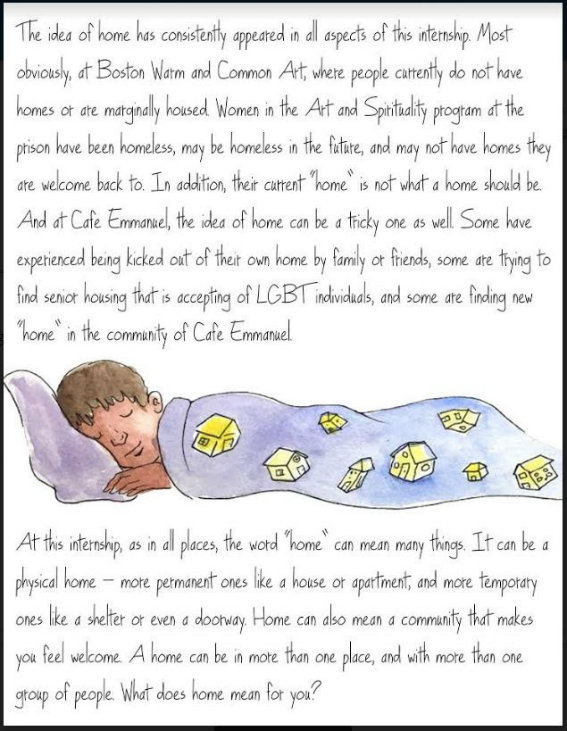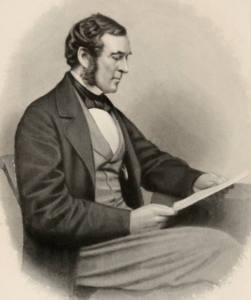Tag Archives: homelessness
Well on The Way
Epiphany 4C, 30 January 2022. The Rev. Pamela L. Werntz
Jeremiah 1:4-10. Ah, Lord God! Truly I do not know how to speak, for I am only a ….
1 Corinthians 13:1-13 . The greatest of these is love.
Luke 4:21-30. But he passed through the midst of them and went on his way.
O God of Generosity, grant us the strength, the wisdom and the courage to seek always and everywhere after truth, come when it may, and cost what it will.
In the portion of the Gospel we heard this morning, Luke tells us that a group of people in Jesus’ hometown of Nazareth, who had been pleased and even astonished by Jesus, got so angry with him that they threw him out of the house of worship, ran him out of town, and wanted to throw him off the cliff. That is angry! Luke says that Jesus’ reputation as a spirit-filled leader had spread around the country prior to his return to Nazareth. Last week we heard that all in Nazareth spoke well of him, when he read from, and commented on, the scripture at the religious gathering in Nazareth. So what made them turn on him? Luke tells us what Jesus said to make them so angry; but it doesn’t sound that bad, does it? So we are left to debate what provoked them so about the story of Elijah being sent to a widow (probably a Syrophoenician) at Zarephath in Sidon and about Elisha healing the leprosy of Naaman the Syrian. Jesus was reminding them of stories that were part of their own tradition, and it made them so mad that they wanted to annihilate him. It wasn’t new stuff he was telling them; it was old, and it was a main Bible theme, not an obscure part of their tradition. The reading we just heard from the prophet Jeremiah tells about how Jeremiah understood himself to be sent to proclaim that God’s message was not just for Israel but for all nations. So what is the problem? Continue reading
Looking into Hesitancy
And we’re back!
Home
Processing Emotional Discomfort
As I come into the end of my internship with Emmanuel Church, I am reflecting on what I can take away from this experience. What am I taking with me from this internship beyond the indelible impact of resilient, artistic, and caring individuals? Undoubtedly, the ways I have been impacted by others and the wonderful memories I have made with people in this internship will be something I carry with me for the rest of my life. In addition, I have been reflecting on what growth and new skills this internship has given me. I believe that one of the most important skills I have gained from this internship – something that I can take with me into future career opportunities and life in general – is the ability to sit with my own discomfort. This is not to suggest that I should sit idle if I feel like my personal safety or the safety of others is at risk, but I am suggesting that it is okay and maybe even essential to therapeutic presence to be able to sit with and process the emotional discomfort that can arise in difficult situations. Continue reading
1908
In response to a devastating fire in Chelsea, Emmanuel Church rented one of the few houses left standing to provide care for the homeless. The Emmanuel Relief Station offered food, clothing, and medical care for the wounded. The church arranged for medical personnel, instruments, and supplies. The house was also used for the care of women during and after childbirth.
Religion and Medicine: The Moral Control of Nervous Disorders by Worcester, Samuel McComb and Isador A. Coriat, an early psychoanalyst, was published by Moffat, Yard.
Worcester published a series of six articles about the Emmanuel Movement in the Ladies Home Journal (Oct. 1908 – March 1909).
1877
Richard S. Fay , member of our founding vestry, helped found and manage the Cooperative Society of Volunteer Visitors to the Poor in response to high unemployment coupled with the devastating fire that had left many poor people homeless in Boston. Having undergone name changes since then, the Society abides with us as Community Work Services, which provides job training to those with disabilities or living in poverty. Under the direction of Rob Yeomans, trainees clean and maintain our facilities, which are enjoyed by the many groups of our community.



